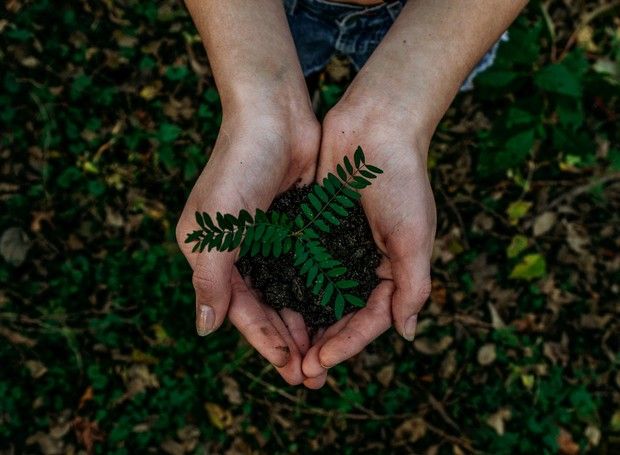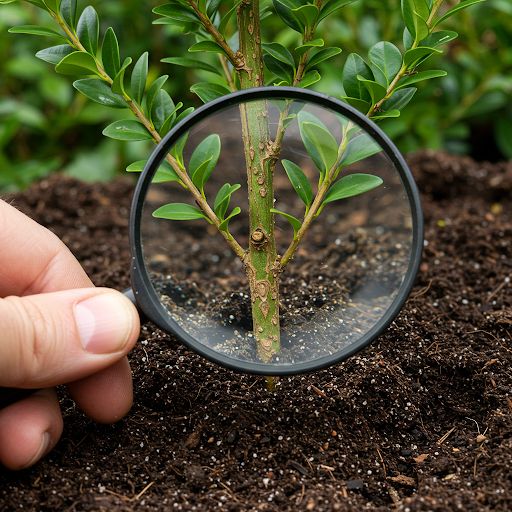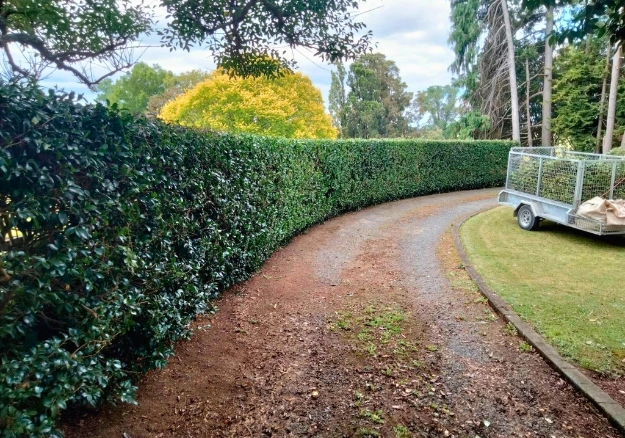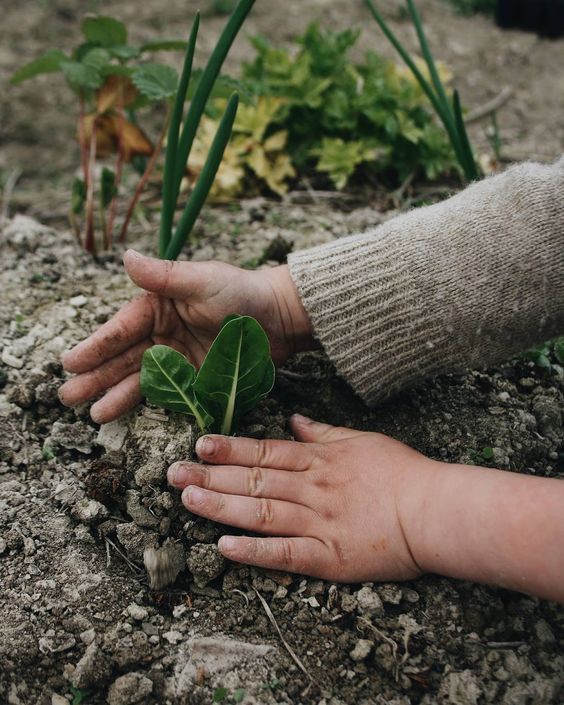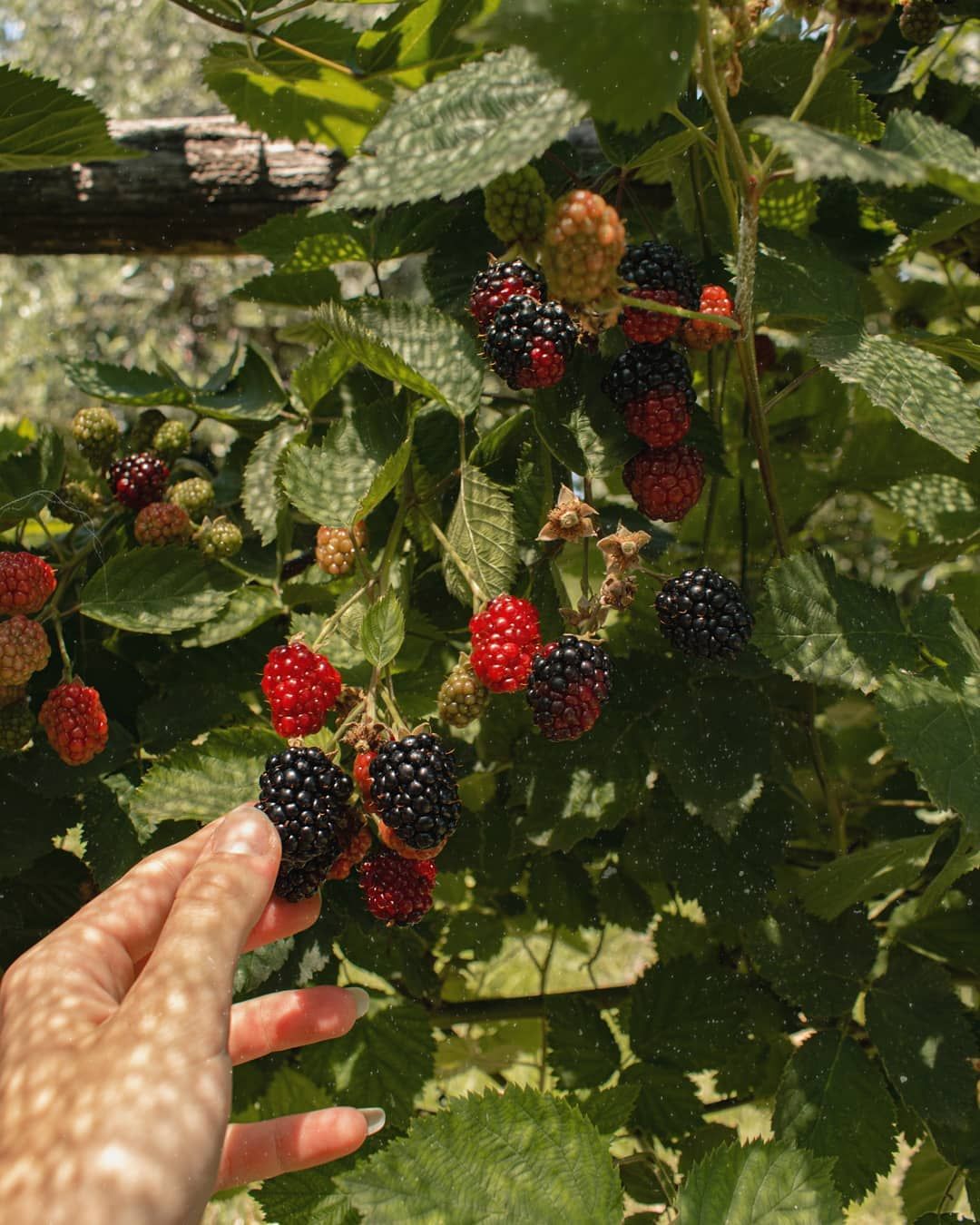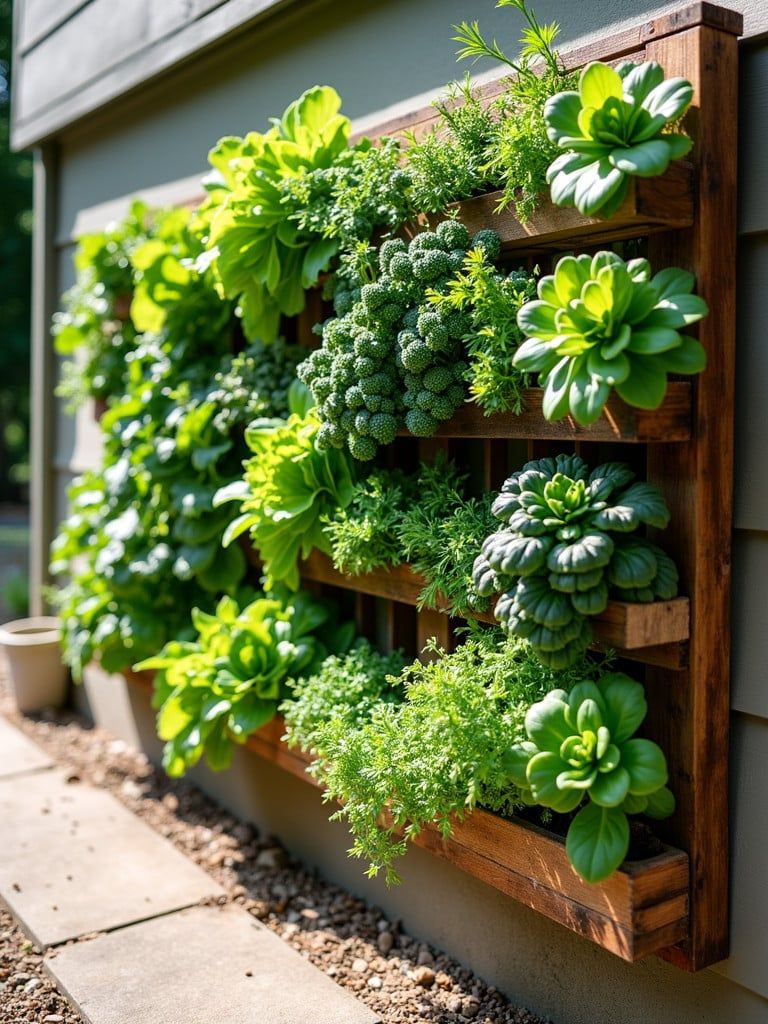Creating a thriving garden in Piako is not just about aesthetics, it’s also about supporting the local environment. By choosing native New Zealand plants, you can help restore natural habitats, provide food and shelter for wildlife, and strengthen the region’s biodiversity.
1. Native species for local ecological restoration
Some plants are already being used in Piako catchment restoration projects to rebuild natural forest cover:
-
Matai, Pokaka, Aruhe (Coprosma areolata), Hukihuki (Coprosma tenuicaulis), Poataniwha (Melicope simplex)
-
Rohutu (Neomyrtus pedunculata), a once-common species that is now rare but vital for local ecosystems
2. Attracting birds, insects, and lizards
Certain native plants provide nectar, berries, or safe shelter that wildlife depends on:
-
Birds: Pōhutukawa, Kōwhai, Pūriri, Harakeke (flax), Kōtukutuku (tree fuchsia), Rewarewa, Five-finger
-
Insects & lizards: Toetoe, Carex grasses, Coprosma species, Kānuka, Mingimingi, Creeping fuchsia
3. Decorative yet biodiversity-friendly natives
Great options for Piako gardens that combine beauty and ecological value include:
-
Kōwhai, Harakeke, Pōhutukawa, Kākābeak (Clianthus), Pūriri, Nikau palm, Kahikatea, Cabbage Tree (Cordyline australis), Hebe, Pittosporum, Koromiko
4. Layering for a healthy ecosystem
Creating different vegetation layers (groundcover, shrubs, and trees) encourages a richer biodiversity:
-
Mānuka (Leptospermum scoparium) – soil stabilisation and insect habitat
-
Rātā (climbing or ground forms) – attracts birds and pollinators
-
Hebe & Pittosporum – dense shelter and food sources
5. Ferns, climbers, and groundcovers
-
Climbing plants: Clematis paniculata (puawānanga) for flowers and vertical habitat
-
Ferns: Asplenium bulbiferum (mauku) as understorey cover
-
Groundcovers: Pratia/Lobelia angulata (Pānakenake), Pimelea prostrata (Pinatoro), Muehlenbeckia axillaris (Pōhuehue), Acaena purpurea – all excellent for lizards, skinks, and pollinators
Planting tips for Piako gardens
-
Choose eco-sourced plants (grown from locally collected seed) to ensure survival and adaptation
-
Mix plants to create layered habitats for birds, insects, and reptiles
-
Protect and restore rare local species such as the Rohutu
-
Combine functional design with ecological value, pathways, planting beds, and mulch can all reduce maintenance while boosting biodiversity
Summary Table
| Category | Examples for Piako gardens |
|---|---|
| Local restoration plants | Matai, Aruhe, Hukihuki, Poataniwha, Rohutu |
| Attracting wildlife | Kōwhai, Pōhutukawa, Pūriri, Harakeke, Coprosma |
| Structural planting | Mānuka, Rātā, Hebe, Pittosporum |
| Climbers & ferns | Clematis paniculata, Asplenium bulbiferum |
| Groundcovers | Pānakenake, Pōhuehue, Pinatoro, Acaena purpurea |
Bring Your Garden to Life
By planting native species in Piako, you’re not just creating a beautiful garden, you’re actively supporting birds, insects, and the wider ecosystem.
👉 At Kerepark Lawns and Gardens, we can help you design and plant a native garden that’s easy to maintain and rich in biodiversity. Contact us today to get started.

